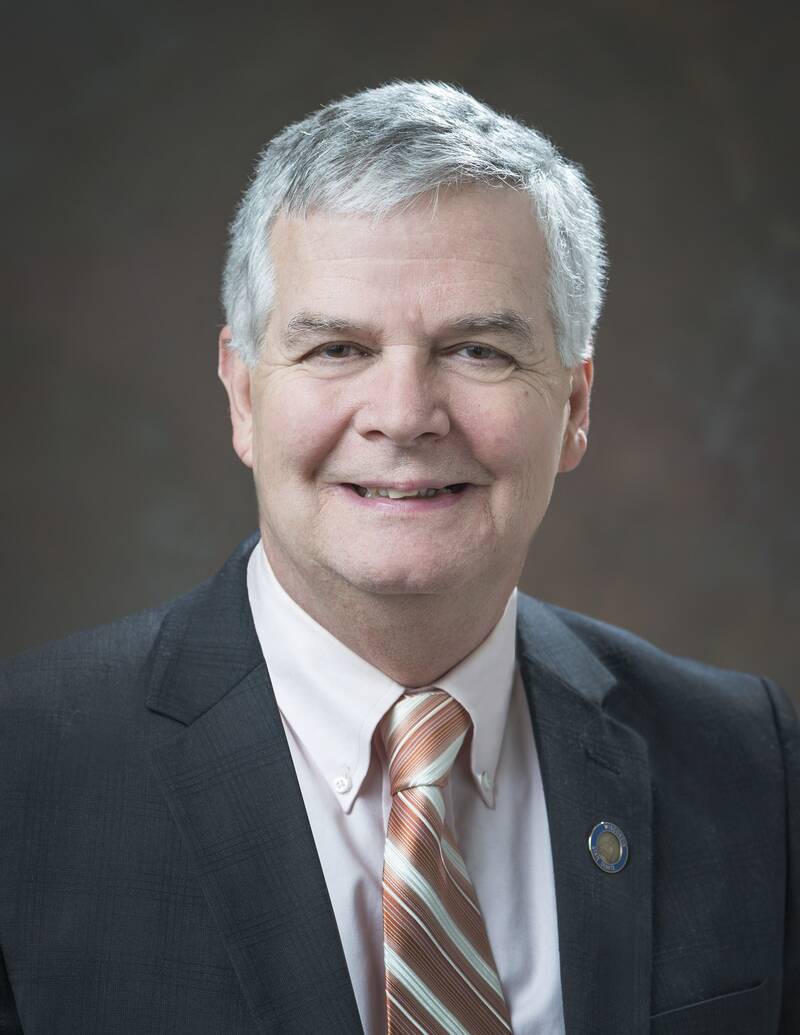Redistricting is right around the corner in 2021. New legislative and congressional district maps will be drawn up after the census by the political party in charge. Gerrymandered maps will give the party in charge a secure advantage for the next 10 years.
The term gerrymandering is well-known, but many people don’t know its origins. It comes from a man named Elbridge Gerry. He was a signer of the Declaration of Independence, a delegate to the Continental Congress, a congressman and elected as Governor of Massachusetts. He even served as our nation’s 5th Vice President under James Madison.
While Gerry served as Governor of Massachusetts, he worked with Democratic-Republicans to draw legislative districts to ensure his Party’s control of the State Senate for years. One of the districts looked like a salamander, so the term for drawing oddly-shaped, politically disenfranchising districts has been called “gerrymandering” ever since.
In those times when we recently escaped the governing style of kings we were still slow to embrace the idea that government was to be created by the people and for the people. Elbridge Gerry, and many in our newly formed Republic, did not trust voters to determine our government.
Leap ahead to the Twentieth Century, and politicians still don’t trust voters. Paul Weyrich is also someone most people may not have heard of before. Weyrich is known for co-founding numerous conservative think tanks, such as The Heritage Foundation, the Free Congress Foundation and the American Legislative Exchange Council (ALEC).
Think tanks seek power, are backed by money and don’t trust voters. Weyrich, a native of Racine, was famously recorded speaking at a religious conference in 1980 when he said, “Too many Christians have what I call the goo-goo syndrome, good government. They want everybody to vote. I don’t want everybody to vote…our leverage in elections goes up as the voting populace goes down.”
Egregious gerrymandering has occurred in state legislatures held by Democrats as well as Republicans. When power is at stake, power brokers will do anything to bypass voters. Gerrymandering has become the most lethal tool against democracy.
The recent gerrymandering ruling by the U.S. Supreme Court (SCOTUS) should have us all concerned. In a 5-4 decision, the court dismissed gerrymandering cases by numerous states. They acknowledged the threat of gerrymandering to our democracy, but said it’s not up to federal courts to decide. Even if SCOTUS ruled gerrymandering unconstitutional, we still need redistricting reform.
Advancements in algorithms and modern computing gives political Parties the tools to make perfectly gerrymandered maps. The way to make competitive and fair maps is to allow an independent commission to draw maps.
To date, 47 of Wisconsin’s 72 counties have passed resolutions demanding nonpartisan redistricting reform. Despite overwhelming support by voters, the legislature ignores calls for reform.
The consequences of gerrymandering aren’t apparent to all voters, but here’s how gerrymandering affects the way your legislators act. Legislators should be responsive to the people. Gerrymandering creates “safe” districts for legislators. It makes them less willing to listen. Instead, legislators only fear their partisan leaders because their Party will challenge them in the primary election if they don’t toe the party line. Competitive districts will yield more responsive leaders.
If you think your representative is there for you, think again. Voters need to demand that legislators pledge support for nonpartisan redistricting. If they don’t, voters need to replace them with someone who does.
I pledge to support nonpartisan redistricting reform. Tell others to get their senators and representatives to take the pledge too.
Memberships
Steve is a member of LION Publishers , the Wisconsin Newspaper Association, the Menomonie Area Chamber of Commerce, the Online News Association, and the Local Media Consortium, and is active in Health Dunn Right.
He has been a computer guy most of his life but has published a political blog, a discussion website, and now Eye On Dunn County.



Add new comment